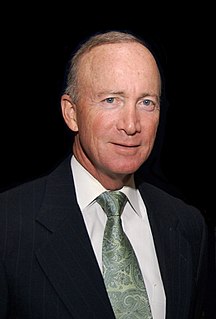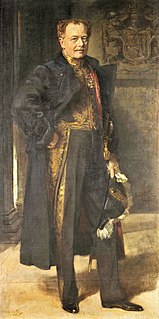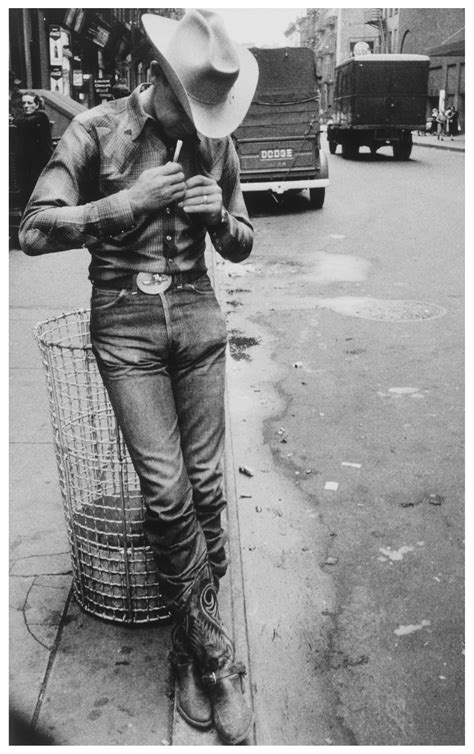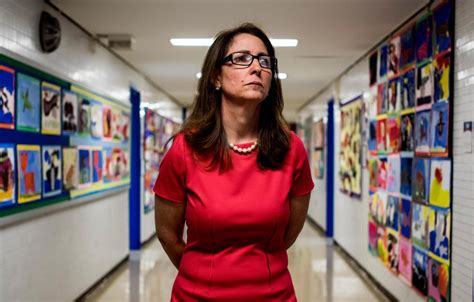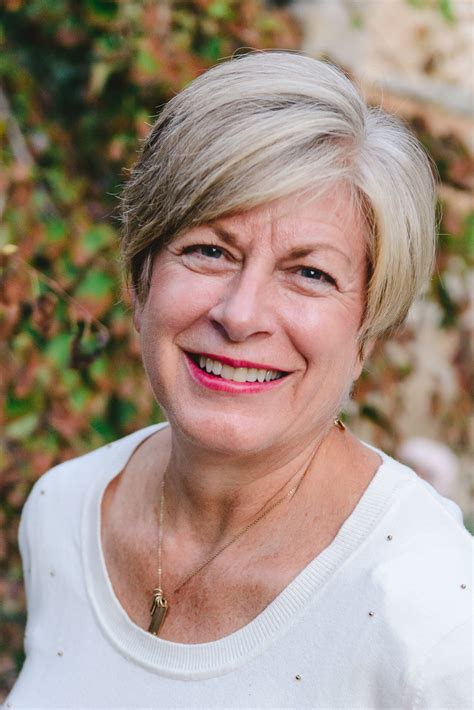A Quote by Fabrizio Moreira
Sure, if you're a well to do family, you always have the option of sending your children to private schools where teachers spend less time disciplining kids and more time teaching them. However, this option is beyond the reach of most households. And this is what makes school vouchers such a promising solution for lower and middle income families.
Quote Topics
Always
Beyond
Children
Families
Family
Households
However
Income
Kids
Less
Less Time
Lower
Makes
Middle
More
More Time
Most
Option
Our Children
Private
Private School
Private Schools
Promising
Reach
School
Schools
Sending
Solution
Spend
Sure
Teachers
Teaching
Them
Time
Vouchers
Well
Your
Your Child
Your Children
Related Quotes
Democratic politicians want to solve the crisis of poor education by taking more of your money and using it to reduce classroom sizes in the government schools. Republican politicians want to solve the crisis by taking more of your money to provide vouchers to a handful of the poorest students in each area, paying for a part of the tuition expense at private schools. But before long this 'reform' would make those private schools indistinguishable from the government schools ... Vouchers are an excellent way for the government to increase control over private schools.
School choice opponents are also dishonest when they speak of saving public schools. A Heritage Foundation survey found that 47 percent of House members and 51 percent of senators with school-age children enrolled them in private schools in 2001. Public school teachers enroll their children in private schools to a much greater extent than the general public, in some cities close to 50 percent.
And before our current legislature adjourns, we intend to become the first state of full and true choice by saying to every low and middle-income Hoosier family, if you think a non-government school is the right one for your child, you're as entitled to that option as any wealthy family; here's a voucher, go sign up.
The best thing we can do for family values is to repeal the income tax. Then families will have the resources they need to implement their own values - and not those of the politicians. With the income tax gone, families will no longer be forced to have two breadwinners by necessity. Children will be raised better, family values will predominate, and crime will diminish. If your local school indoctrinates your child with values that are alien to you, you'll have the money to buy a private education.
All parents want to send their children to the best possible schools. But because a good school is a relative concept, a family cannot achieve its goal unless it outbids similar families for a house in a neighborhood served by such a school. Failure to do so often means having to send your kids to a school with metal detectors at the front entrance and students who score in the 20th percentile in reading and math. Most families will do everything possible to avoid having to send their kids to a school like that. But because of the logic of musical chairs, they're inevitably frustrated.
I grew up in a household where the FryDaddy was always bubbling, and butter and salt were never in short supply. I've never been one to choose the healthy option over the non-healthy option if the healthy option was lacking in taste. I believe a little bad is good for you from time to time. When it comes to maintaining a healthy soul, nothing beats traveling.
When my kids were growing up, I wanted their teachers to teach them science, reading, math and history. I also wanted them to care about my kids. But I did not want my children's public school teachers teaching them religion. That was my job as a parent and the job of our church, Sunday school, and youth group.
The teacher will never be a parent. The parents are the parents. But they have to engage in some sort of active education beyond just teaching mathematics and French and English because the kids spend more time there than they do with their parents at that age. We have to accept that other adults will be part of our children's education and they will have bad teachers. That's going to happen.
I want kids to be able to escape failing schools that trap them. And it's an unequal trapping of children. The most affluent find a way to escape. They move to a great suburban district or send their kid to a private school. The people who are trapped in the worst schools that have been terrible often for half a century? Those are the poorest kids.
Mothers who know do less. They permit less of what will not bear good fruit eternally. They allow less media in their homes, less distraction, less activity that draws their children away from their home. Mothers who know are willing to live on less and consume less of the world’s goods in order to spend more time with their children—more time eating together, more time working together, more time reading together, more time talking, laughing, singing, and exemplifying. These mothers choose carefully and do not try to choose it all.






